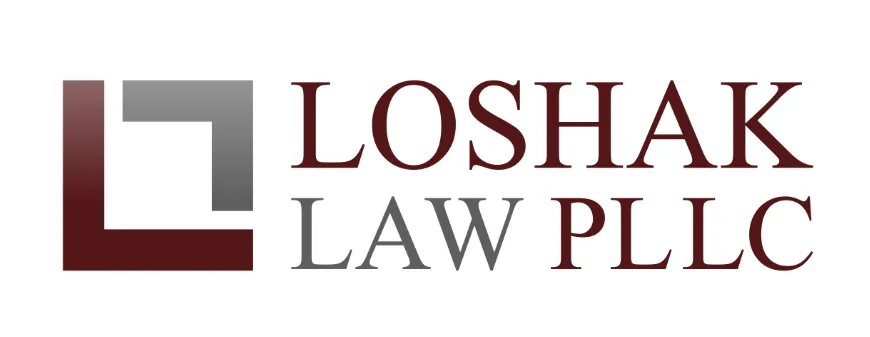
With an incoming presidential administration and a Democrat majority in Congress that promises to raise taxes on the wealthy, there is a good chance that the federal estate tax could increase and you could owe more taxes when you die. The federal estate tax is a tax on your right to transfer property at your death. The new administration could try to reduce the federal estate tax exemption and even raise the tax rate. Therefore, an effective estate plan with estate tax considerations is more important than ever. Luckily, there are some ways to reduce, limit, or completely avoid estate taxes, depending on the size of your estate when you pass away.
Inter Vivos (Lifetime) Gifts
During your lifetime, you can give family members or other beneficiaries gifts up to a certain amount each year and avoid the federal gift tax also. By giving away your cash or other assets during your lifetime, you are effectively reducing your estate tax exposure since you will not own the property at the time of your death. But remember, there are both annual and lifetime limits to the gift tax exemption.
Marital Trusts
If you are married, then a Marital Trust is a great tool for reducing or even eliminating your combined estate tax exposure. Assets in a marital trust that are held by the surviving spouse are not subject to federal or state estate tax. The surviving spouse can also extend tax and credit shelter benefits to his or her heirs. If the assets remaining in the marital trust are less than the surviving spouse's exemption amount, there will be no estate tax due upon the death of the surviving spouse.
Irrevocable Trusts
By transferring your property into an Irrevocable Trust, the property no longer taxable at your death because the grantor, having effectively transferred all ownership of assets into the trust, legally removes all of their rights of ownership to the assets and the trust. Therefore, the property transferred into an irrevocable trust is not part of your estate and would not be subject to the estate tax upon your death.
Another way to reduce or avoid estate taxes is by having your attorney setup an Irrevocable Life Insurance Trust. Life insurance proceeds generally aren’t taxable, but they could be included in your estate, which would be subject to estate taxes.
However, irrevocable trusts are not always a good strategy depending on the circumstances and you should always consult with an experienced estate planning attorney about what is best for you and your family.
Qualified Personal Residence Trust
A Qualified Personal Residence Trust (QPRT) is a specific type of trust that allows its grantor to remove a home from his or her estate for the purpose of reducing the amount of gift tax that is incurred when transferring assets to a beneficiary. The home is still your property during your lifetime (a/k/a life estate), and then it automatically transfers to your beneficiaries upon your death through the terms of the QPRT. Ultimately, you will be reducing the size of your taxable estate with a QPRT because you only hold a lifetime interest in the home.
Conclusion
Not everyone will have the same estate tax exposure when they die, but it is always a good idea to plan ahead for the sake of your family and loved ones. You also don't want the government to take away everything you worked so hard for! Give the law firm of Loshak Leach, LLP a call today at (954) 334-1122 for a free consultation with a professional estate planning attorney.
Categories
- Real Estate (30)
- Land Use and Zoning (10)
- Alcohol/Beverage (5)
- Government/Municipal Law (10)
- Litigation (9)
- Business (28)
- Estate Planning (12)
- Probate (8)
- Personal Injury (8)
Contact Us
Please fill out the form below and our attorney will contact you.
Maps & Directions
Hollywood Office
1221 South 21st Avenue
Hollywood, FL 33020

